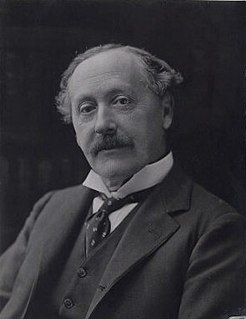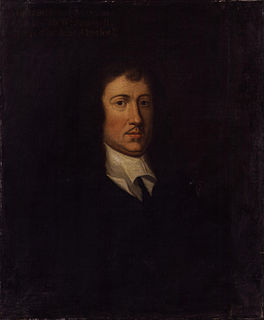A Quote by Henry David Thoreau
I do not remember anything which Confucius has said directly respecting man's "origin, purpose, and destiny." He was more practical than that. He is full of wisdom applied to human relations,--to the private life,--the family,--government, etc. It is remarkable that, according to his own account, the sum and substance of his teaching is, as you know, to do as you would be done by.
Related Quotes
What a singular destiny has been that of this remarkable man!-To be regarded in his own age as a classic, and in ours as a companion! To receive from his contemporaries that full homage which men of genius have in general received only from posterity; to be more intimately known to posterity than other men are known to their contemporaries!
The question that faces every man born into this world is not what should be his purpose, which he should set about to achieve, but just what to do with life? The answer, that he should order his life so that he can find the greatest happiness in it, is more a practical question, similar to that of how a man should spend his weekend, then a metaphysical proposition as to what is the mystic purpose of his life in the scheme of the universe.
Here is an example of Confucius sayings: "It does not matter how slowly you go so long as you do not stop." In a few words, Confucius teaches us about patience, perseverance, discipline, and hard work. But if you probe further, you will see more layers. Confucius' philosophies have significantly influenced spiritual and social thought. His views bear insight and depth of wisdom. You can apply his teachings in every sphere of life. Confucius' profound teachings are based on humanism.
But if they are well-founded and just, they can be no less than the high requirements of heaven, addressed by the voice of God to the reason and understanding of man, concerning things deeply affecting his relations to his sovereign, and essential to the formation of his character and of course to his destiny, both for this life and for the life.
The only proper, moral purpose of a government is to protect man's rights, which means: to protect him from physical violence - to protect his right to his own life, to his own liberty, to his own property and to the pursuit of his own happiness. Without property rights, no other rights are possible.
WISDOM IS dependent upon knowledge. Where there is complete ignorance there can be no wisdom, no knowledge of the right thing to do. Man’s knowledge is comparatively limited and so his wisdom must be small, unless he can connect his mind with a knowledge greater than his own and draw from it, by inspiration, the wisdom that his own limitations deny him. Only God knows all truth; therefore only God can have Real wisdom or know the right thing to do at all times, and man can receive wisdom from God. Wisdom is obtained by reading the mind of God.
And government (to define it de facto, or according to modern prudence) is an art whereby some man, or some few men, subject a city or a nation, and rule it according to his or their private interest; which, because the laws in such cases are made according to the interest of a man, or of some few families, may be said to be the empire of men, and not of laws.
The man who has successfully solved the problem of his relations with the two worlds of data and symbols is a man who has no beliefs. With regard to the problems of practical life he entertains a series of working hypotheses, which serve his purposes, but are taken no more seriously than any other kind of tool or instrument. In other words, symbols should never be raised to the rank of dogmas, nor should any system be regarded as more than a provisional convenience.


































